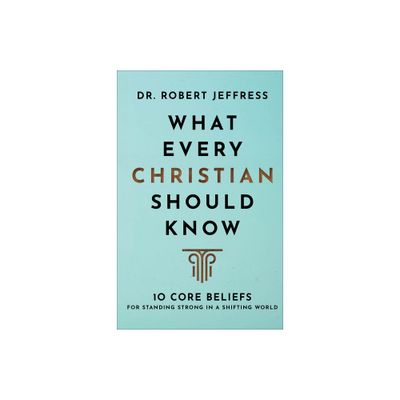Home
Harnessing the Power of Google: What Every Researcher Should Know
Loading Inventory...
Barnes and Noble
Harnessing the Power of Google: What Every Researcher Should Know
Current price: $60.00


Barnes and Noble
Harnessing the Power of Google: What Every Researcher Should Know
Current price: $60.00
Loading Inventory...
Size: Paperback
*Product Information may vary - to confirm product availability, pricing, and additional information please contact Barnes and Noble
This informative and practical book teaches how to get better and faster results from Internet searches and methods for maximizing the potential of the world's most popular search engine.
Mastering Internet research skills is a must for today's information professionals and LIS students, as well as for educators and all high school and college students. But without specific instruction in how to conduct online research, people are destined to waste time in their Internet queries or to come up emptyhanded when the information they're seeking
is
, in fact, available.
Harnessing the Power of Google: What Every Researcher Should Know
offers simple strategies that streamline research and improve anyone's search results. It will specifically benefit information professionals, students, and academic researchers in disciplines like international studies, political science, and statistical research. Illustrated with helpful screen shots, this handbook will be an often-consulted desk reference and can serve as a workshop guide or supplementary reading in courses on online research skills.
The book starts with a review of general guidelines for searching that covers topics like the difference between primary and secondary sources, determining authority, citing sources, indexing, and ranking before addressing Google's power-searching features, such as the ability to search by top-level Internet domain or file type. The book describes the history of information access over the past century, culminating in today's digital information archives and how Google now augments—not replaces—what libraries provide. The three Google interfaces that together comprise a powerful toolkit are covered in detail: Google Web for finding primary source materials; Google Scholar for full text searching of scholarly, peer-reviewed material; and Google Books for searching the full text of a very high percentage of books.
Mastering Internet research skills is a must for today's information professionals and LIS students, as well as for educators and all high school and college students. But without specific instruction in how to conduct online research, people are destined to waste time in their Internet queries or to come up emptyhanded when the information they're seeking
is
, in fact, available.
Harnessing the Power of Google: What Every Researcher Should Know
offers simple strategies that streamline research and improve anyone's search results. It will specifically benefit information professionals, students, and academic researchers in disciplines like international studies, political science, and statistical research. Illustrated with helpful screen shots, this handbook will be an often-consulted desk reference and can serve as a workshop guide or supplementary reading in courses on online research skills.
The book starts with a review of general guidelines for searching that covers topics like the difference between primary and secondary sources, determining authority, citing sources, indexing, and ranking before addressing Google's power-searching features, such as the ability to search by top-level Internet domain or file type. The book describes the history of information access over the past century, culminating in today's digital information archives and how Google now augments—not replaces—what libraries provide. The three Google interfaces that together comprise a powerful toolkit are covered in detail: Google Web for finding primary source materials; Google Scholar for full text searching of scholarly, peer-reviewed material; and Google Books for searching the full text of a very high percentage of books.


















